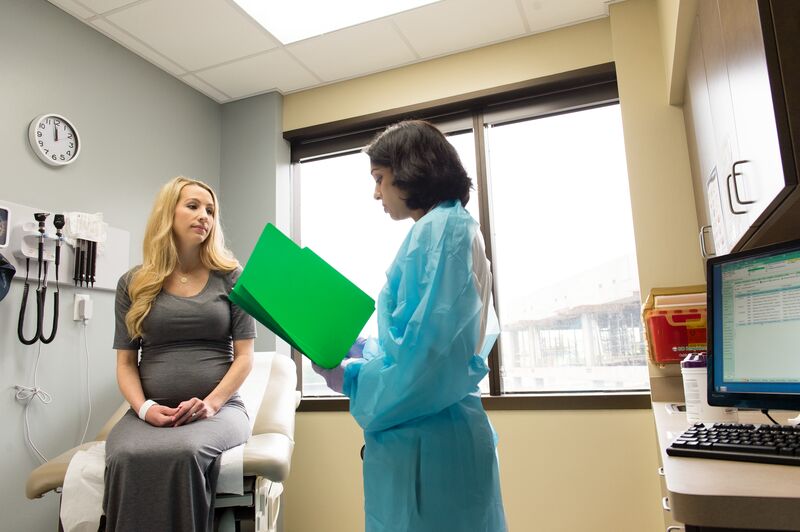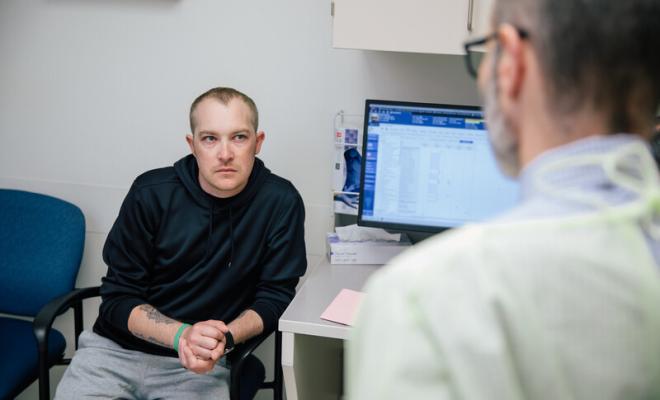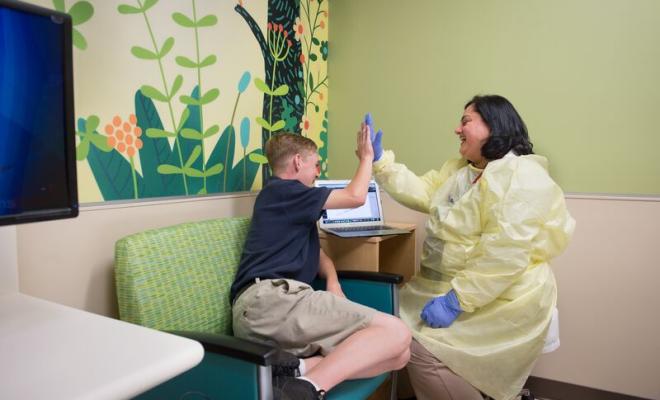Pregnancy is possible after a lung transplant, but it is important to understand that it will require a great deal of consideration and the careful attention of your care team and transplant team.
Research shows that lung recipients who become pregnant face greater risks when compared to other solid organ transplant recipients, including premature delivery, declined lung function, and rejection.
For this reason, it is highly recommended that women who have undergone lung transplantation avoid getting pregnant in the first 2–3 years after surgery.
Risks of Pregnancy Post-Transplant
According to the studies that have been conducted on the topic, there are several risks associated with pregnancy after a lung transplant. The most common of these include increased risk of:
- Premature birth
- Low birth weight
- Rejection
- Pre-eclampsia
- Hypertension
- Diabetes
- Infection
- Complications associated with some common antirejection medications (especially birth defects and premature delivery)
When it comes to the health of the baby, premature birth and low birth weight were reported as the greatest risks, with some small studies showing a 50% rate of the baby being born prematurely.
As for the mother, the greatest risk of pregnancy after transplant is rejection of the transplanted lungs. Lung transplant recipients experience rejection during pregnancy more frequently than other solid organ transplant recipients, so understanding the implications of these risks and discussing them with your transplant team is an important first step toward deciding whether a post-transplant pregnancy is something you want to pursue.
Coordinating Care With Your CF Care and Transplant Teams
It is important that women with CF who have had a lung transplant are least 2–3 years post-surgery and are as healthy as possible before moving forward with a pregnancy. Your CF care team can work with you to assess your health and make sure that risk-related factors such as your liver function, blood sugar, and graft function are adequately controlled.
Each woman with CF is different, so it is important to talk with your CF care team and transplant team to get a better idea of what a post-transplant pregnancy could mean for you individually. Talk to your CF or transplant teams about important considerations if you are taking a CFTR modulator and planning to get pregnant. They can help give you more information about possible risks and provide greater context around the available statistics. Because pregnancy post-transplant is considered a risky endeavor, having an open and honest discussion about issues such as your own mortality, potential complications, and the possibility of having a child with certain health problems or disabilities is key.


